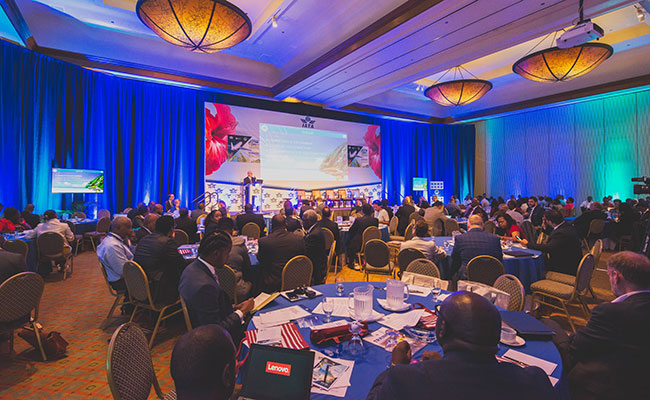Excessive taxes across the Caribbean aviation industry are counter-productive, according to Peter Cerda, International Air Transport Association (IATA) Regional Vice President, The Americas.
«While there is no denying the budgetary challenges facing many governments in the region, imposing heavy fees and taxes on aviation and air travel negatively affects levels of tourism and business travel—the very things required for a vibrant economy,» said Cerda.
Speaking in Barbados at Aviation Day Caribbean, organized by IATA, the Caribbean Development Bank and the Latin American and Caribbean Air Transport Association, Cerda called on governments to work together with aviation to enjoy the mutual benefits both groups can offer one another.
“Aviation can do much more if governments work with industry to maximize the value aviation delivers. Unfortunately, too many of the region’s governments still see air travel as a luxury—and an easy target for taxation.”
Cerda also pointed out that such taxes don’t benefit aviation, but rather boost the coffers of state treasuries. An IATA report has shown that in one Caribbean state, 70% of the average one-way fare is made up of taxes and charges, with the figure in 10 other markets in the region sitting at 30%.
Compounding this is the high cost of operating at a number of airports in the region, again due to expensive fees.
Restrictive air service agreements in many Caribbean countries also negatively affect the size of an airline’s route network. Cerda wants to see this addressed by leaders and stakeholders in the region.
“Aviation is essential to supporting tourism in the Caribbean, transporting approximately 50% of all tourists who travel here. It also provides a lifeline when disaster strikes,” he said.
«The Caribbean region is well-positioned to increase the benefits that aviation can deliver. But this can only occur in partnership with governments that recognize that the true value of aviation is in the connectivity it delivers and opportunities it creates, not in the fees and taxes that can be extracted from it.”



